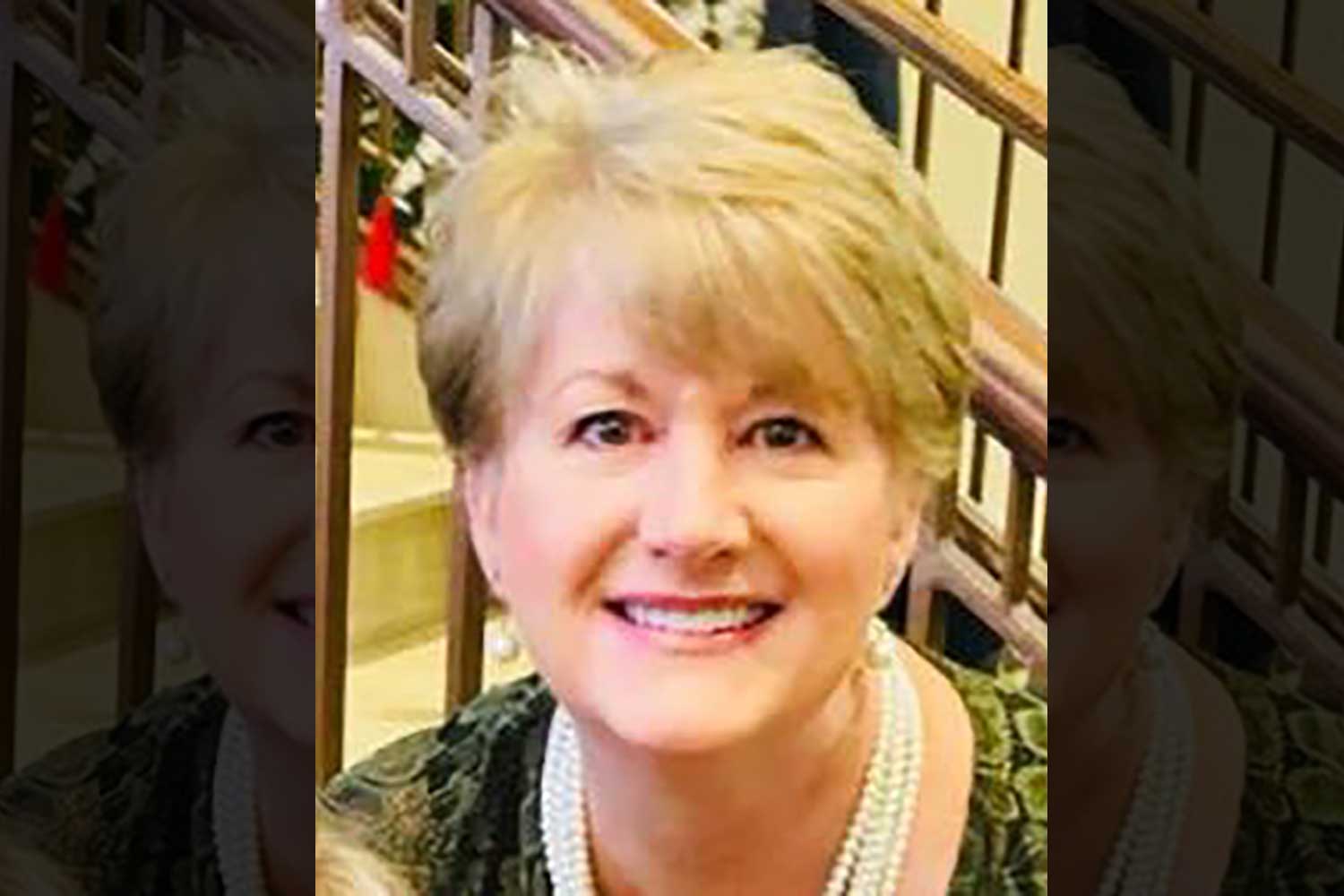When filing a claim, a member’s primary concern is Am I covered? Claims can disrupt a nonprofit’s ability to serve its community. Senior Claims Examiner Vicki Campbell provides members with the attention they need.
How would you say addressing claims from the nonprofit community fosters a different understanding of the needs of nonprofits?
There’s a big difference. What’s nice about handling claims for the nonprofits, is that in the course of investigating the claims and working with our members to develop information about what happened, I’m also listening for opportunities to be able to refer the members to our free loss control and risk management resources, which the members can use to their benefit.
I’m able to reassure them that my interest in learning about their needs is only to help them — versus in the corporate, commercial insurance world, you’ll be looking for reasons not to keep them insured.
So it’s a big difference in the objective when you’re learning additional items about the nonprofits’ business models to support them and not for punitive reasons.
There are times, for instance, when a nonprofit doesn’t have employment practices coverages and we’re forced to say no to an employment practices lawsuit.
I can then help the nonprofit by advising them on the benefits of getting that coverage from us and encouraging them to continue the discussion with their broker.
Are there any memorable claims that you recall over the 21 years you’ve worked for Nonprofits Insurance Alliance?
One of my very first claims involved a ferret’s fractured femur. We insured an animal rescue agency that had taken possession of a ferret. At some point, while in our insured’s care, the ferret’s leg broke, and the insured was sued for the fractured femur.
The insured didn’t cause the injury, so we denied liability and didn’t pay anything, which didn’t cost the insured nonprofit anything either. But most of the claims I’ve been handling for the last 15 years have involved abuse. Those are memorable … for different reasons.
Has there been any sort of recognizable trend in the types of claims that nonprofits file?
In the claims that I handle, we’ve seen a trend upward in employment practices claims, especially in our California members, because the law in California is so friendly to employees and not so much to employers.
As soon as the law changes at all, many people jump on board to file claims under the expanded theories of recovery.
It seems that a lot of people who get fired, laid off, or have some bad experience at work think that there is a chance that a law was broken and see an opportunity to file a claim.
What are deciding factors for when insurance policy adjustments need to be implemented to better serve nonprofits?
When we do observe trending situations in claims against our members and we don’t have coverage for them, we have a product development committee that tracks those types of trends and looks for ways to see if we can cover those situations in the future. It’s a huge project.
They work very hard on it, for sure. They make every effort to find a way to offer coverage for the things that matter, and not the “fluff” that some other carriers may offer as bells and whistles to their policies for claims nonprofits are unlikely to have.
Could you speak a little bit about your philosophy and approach to addressing claims?
We’re in business to help nonprofits stay in business, so we’re always looking for coverage, which distinguishes us from other companies that oftentimes are looking for ways not to cover claims.
If we get a lawsuit, and coverage is not immediately recognized, we take a deeper look at the policy language and we sometimes find enough breadth in the language to cover the claim. We don’t manufacture coverage, but if we can help insured members, we want to do so. In my experience, that’s a big distinction from other companies.
Once we decide that we have coverage, we shift our focus to how do we get the member out of harm’s way, in the most efficient, least disruptive, and economical way possible. We also get our Risk Management Services team involved to assist them in preventing future similar losses from occurring.
NIA’s vision is always lifted toward the good of the nonprofit sector, even when we have to extend ourselves past the claim itself to its real implications for nonprofits. Can you expand on that?
Yes. If, for instance, there’s a public policy issue that arises in the handling of a claim, and we believe that the issue is broadly applicable to the benefit of the entire nonprofit sector, we might decide to take a case — through trial and even through an appeal — because it is too important to look at necessarily just the bottom line on this single claim.
We would never do so to the detriment of an individual member, but developing case law to protect similar nonprofits benefits the sector as a whole.
I handled an abuse claim in which the county was sued for injury to a foster child, with plaintiff’s counsel alleging that the county had to “ensure the child’s safety while in foster care.”
We were defending the county under a contract with our member. We could have settled the claim, if the plaintiff had been reasonable.
The plaintiff was not reasonable. So we looked at the issue and said no — a foster child might fall down a step and get a bruise: We didn’t want to create a situation, or allow the plaintiff to create a situation, where just any injury of any kind in foster care was presumed to be evidence of negligence.
The trial court ruled against our motion, so with the full support of the member and for the benefit of foster care agencies and the counties they serve, we appealed that decision and spent $250,000 to defend it through the appeal, resulting in the published decision establishing that counties are not liable for injuries unless there’s a violation of a mandatory duty set forth by the legislature.
That was a huge win. Other companies probably wouldn’t have done that for their members.
There’ve been a number of other cases that we’ve paid for to get good appellate decisions that we can apply broadly to the nonprofit sector to help them continue their services.
Do you find that the hands-on volunteer work you do impacts the way you address claims later at NIA?
I do. I think I’m very attuned to nonprofits’ needs. And my work in this company also helps me add value to nonprofits that I serve in my personal life as a volunteer, because I can identify and raise risk management issues.
Recently, the nonprofit where I volunteer serving breakfast to homeless veterans had no way to track their volunteers — who we are, what we’re doing when we volunteer, what food we bring in, etc. There’s a real risk of liability there, for instance, if someone gets sick.
Through my experience of knowing what can go wrong, I have helped them to institute a policy to obtain basic information about volunteers and track our donations so the nonprofit knows who the volunteers are, especially those of us who bring in food.
We’re all good-hearted people (and good cooks!) but there still needs to be a method of tracking information like this. So working at NIA and volunteering at nonprofits are mutually beneficial!
Vicki Campbell has 40 years of claims experience working for medium and large personal and commercial insurance carriers.
In the spring of 2019, Vicki celebrated 21 years working for Nonprofits Insurance Alliance, showcasing her excellent claims adjusting skills as well as her heart for serving others.
When living in the Bay Area, Vicki was a charter member of the Association of Defense Counsel of Northern California (ADCNC) Insurance Liaison Committee. She is the 2011 recipient of the Nathan Holt Memorial Friend of ADCNC Award. Vicki has served on several humanitarian projects in the U.S. and internationally.
She currently devotes her personal time to the Gathering Friends Breakfast Brigade each Tuesday morning to prepare and serve breakfast to homeless veterans and others in need in downtown Springfield.





